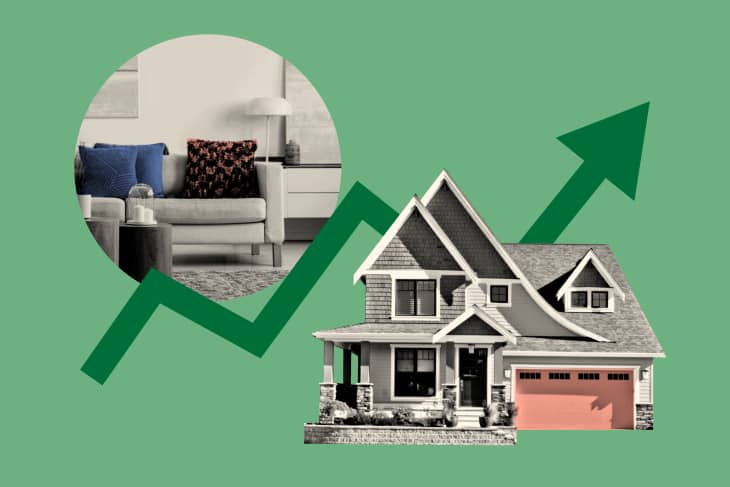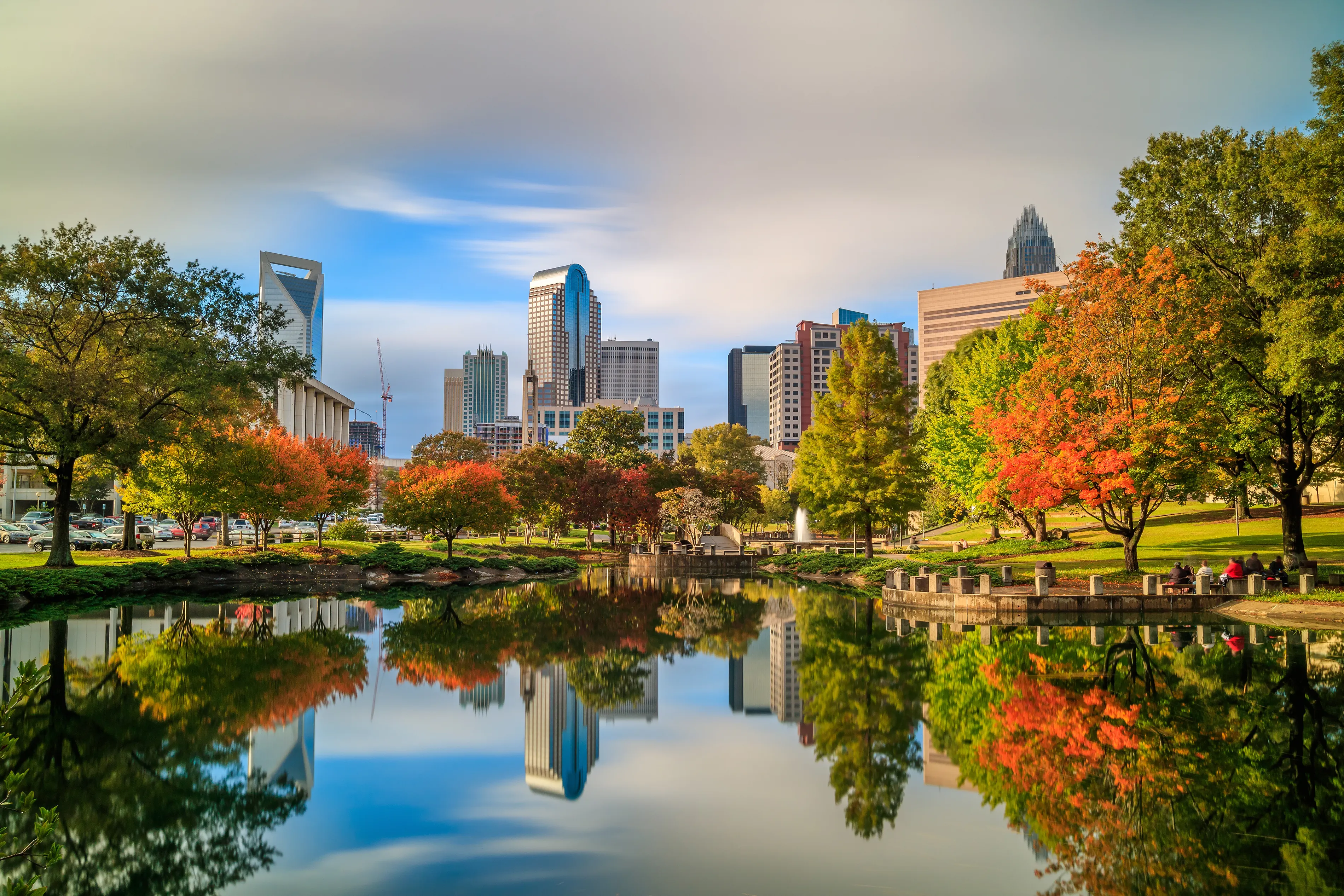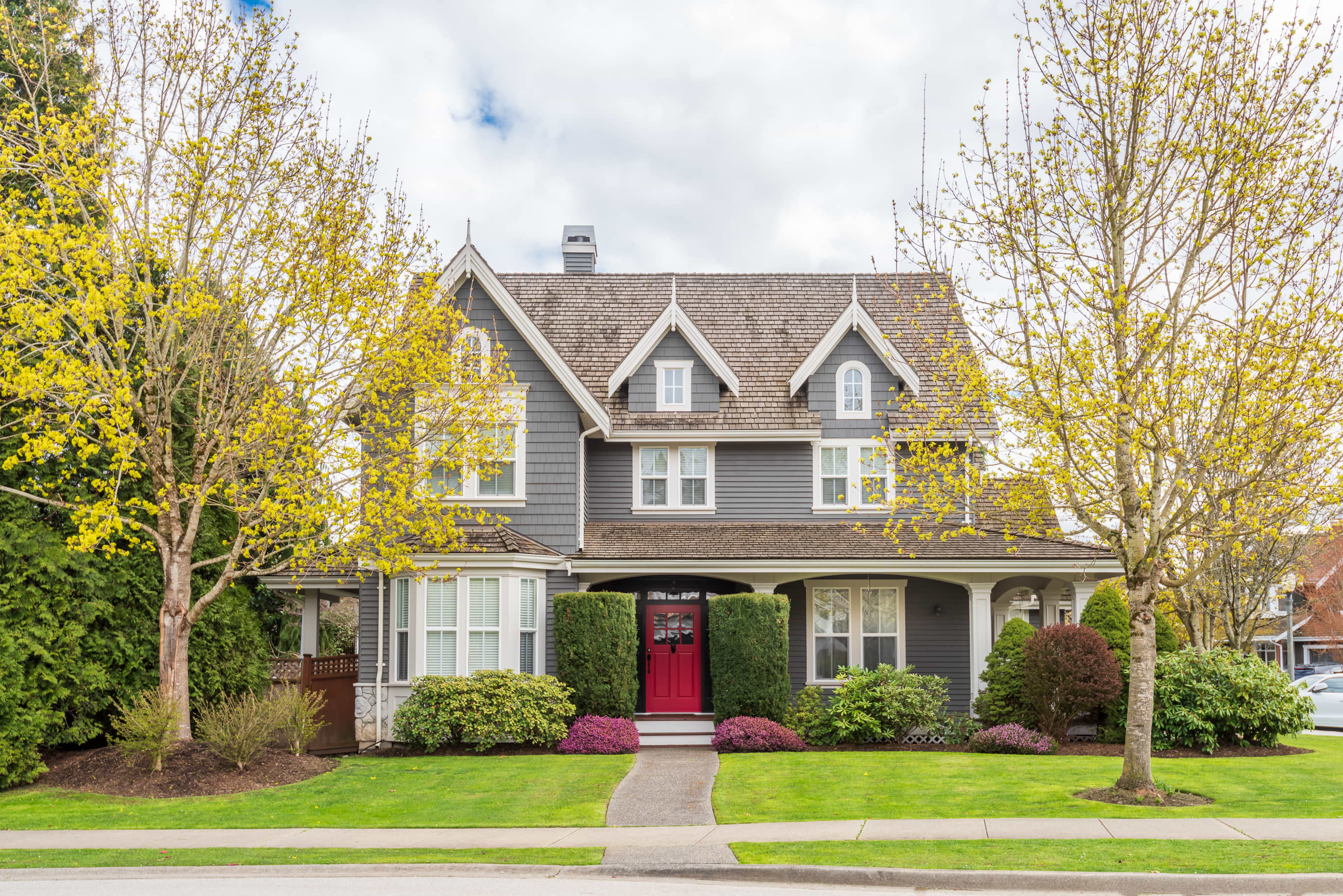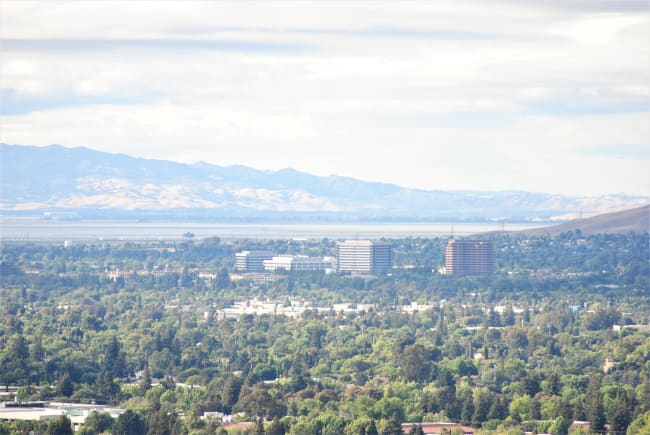6 Homebuyers Share How Moving to the Suburbs Impacted Their Budgets

“Move to the suburbs, buy a house, and you’ll save money!” “You’re throwing money away on rent in the city!” There’s a chorus of reasons people (often parents) will tell you to move to the suburbs.
But are they right?
The answer is a little more nuanced. Six recently-transplanted suburbanites shared why they moved to the suburbs with Apartment Therapy — and how it affected their budgets, from their monthly payments to the new, unexpected areas where they’re now allocating their hard-earned dollars. (Who knew mulch could be so expensive?!)
Some are saving money, some are spending more, and others are spending more but gaining significant square footage. All are happy with their decision for myriad reasons, including room for bulk goods, dedicated home offices, and ample outdoor entertaining space. Here’s what they had to say.
Rachel in Columbus, Ohio
“Our mortgage is $400 per month less expensive than our one-bedroom apartment.”
What motivated your move from the city to the suburbs?
I recently got engaged, and my fiancé and I knew the next step for us was to buy our first home. To do this and live the lifestyle we wanted to live, there was no way we would be able to afford living in the city. We wanted a fenced-in yard to let our dog out (no more late-night elevator rides to walk the dog), a kitchen with room for two cooks, and space to host our out-of-town family when they visit.
How does your monthly payment compare from city to suburbs?
Our mortgage is $400 per month less expensive than our one-bedroom apartment in Washington, D.C. and we gained 722 square feet.
Are there monthly non-housing expenses that you now splurge on?
We are spending more as new homeowners, but once we have a fully furnished house, we plan to spend about the same as we did before. If anything, we spend more on outdoor furnishings and upkeep — we now have plants to water and a
Transportation and parking. We paid $275 per month to park in D.C., and now we have a garage. We also drive more, but since we work from home, the driving equates to the money we used to spend on Uber, Metro, scooters, etc. We also now have storage so we tend to buy things in bulk, which cuts down the cost of things like groceries and toiletries. This is a tricky question. We really lucked out with amazing neighbors, which makes our little block feel very close, but the community as a whole is not the same as living in a city. With so many transplants in D.C., I felt a sense of pride being a local who had started to establish roots. Now, my sense of community to Columbus overpowers any I’ve ever experienced because this is my hometown. But my sense of community to my pocket of Clintonville, Columbus, doesn’t hold up to the community I felt in D.C. “The pressure to keep our yard looking as great as our neighbors’ is very real.” My fiancé and I started working from home full-time during the pandemic, and our 700-square-foot apartment wasn’t cutting it. Our neighbors would play music so loud that our walls would vibrate and we hated having to wait for the elevator three times a day to take the pups out. It was so bad that we found someone to take over mid-lease, and we bought a mid-century house in Adelphi that has rooms for two separate offices, plus a big yard for the dogs. We’re paying less now. We were paying $2,750 for the 700-square-foot one-bedroom apartment. Now we’re paying $2,650 per month for a 3,000-square-foot four-bedroom, three-bathroom house. We eat out way less often now, since we now have a 15-minute drive to any decent restaurants (versus a zero to five-minute walk). We actually bought a car while we were house hunting because it became too expensive to Uber or Car2Go to showings! And because we knew we’d need one wherever we moved. Definitely the yard. We anticipated it needing some investment, but we didn’t realize just how much it required or how much landscapers cost. The pressure to keep our yard looking as great as our neighbors’ now that we’re in the suburbs is very real, and not something we ever really considered. We went from feeling like we didn’t really fit in at our apartment building as 30-somethings surrounded by 20-somethings that partied way more than us, to now living in a quiet neighborhood surrounded by retirees in their 70s and 80s who mostly keep to themselves. But between the two extremes, we’re way more comfortable here. And we can always make the five-mile drive into the city when we want more action. “We’ve had quite a few unfortunate housing expenses.” COVID-19 accelerated our move. We had been casually looking at homes prior to our wedding in 2019 and, as we were both WFH even prior to the pandemic, we were ready for more space. We got a dog in January 2020 and having a yard for him was important. Nope, we pay more. No, and we’ve had quite a few unfortunate housing expenses with our crawl space. We joke that it could be livable down there because workers always comment on how good of a job the company did. Our street is pretty social so there is a bit more community here, though we are some of the only ones on the street without children, while in the city the demographics skew younger. Also in the city, we were always going out to eat and drink, which hasn’t changed, but instead we might find ourselves at a neighbor’s house since there’s always something going on. “I traded one community for another and haven’t regretted it for a second.” My partner and I lived in Washington, D.C. for almost eight years. During the pandemic, we had our first baby and realized how much we wanted to build a home that we could grow into (rather than trying to find new creative ways to use our 3-by-3-foot fire escape). The cost of rent in D.C. is so high we didn’t think it made sense to keep renting larger places, so we started looking at places outside that were still accessible to downtown. We’re paying about $200 more a month for mortgage than we did in rent, which is a pretty good tradeoff for the space! This doesn’t include things like utilities, which we’re still sorting out. We entertain a lot more, which we love. We traded a small walk-up apartment for a house with a big yard, and we invested in a large patio dining set right away. We were barely unpacked before we started having friends over for brunch, cookouts, you name it! It’s our favorite part of our house. We used to go out to eat or get takeout a few times a week, and had our groceries delivered. Now, we cook much more frequently and make a trip to the grocery store once a week — not carrying heavy bags home from the store is great. We are much more car-dependent for errands, and we pay more for parking when we go into the city. However, we moved to a town that is only a 10-minute drive from the D.C. border and has great urban density, so when we meet up with neighbors and go to local restaurants, we can generally walk. I left my job only a few weeks after moving into our house! Buying the house gave us a level of stability and financial certainty that helped us make longer-term financial plans. Because we chose a mortgage that we could cover on one salary for a while, I knew I had a little wiggle room to find a new job (which I did!). I definitely miss my old neighborhood. Seeing the same neighbors and vendors at the farmer’s market week after week was really special. However, it always felt a little transitional because I knew one day we would need to leave if we wanted some space. Within a few weeks of moving, we’ve met so many new neighbors and even had a welcome happy hour. I traded one community for another and haven’t regretted it for a second. “My commute is nearly the same, but my overall gas costs are reduced since the things we need are closer than before.” We wanted more square footage, a safer living area, and to move into our own place prior to the wedding. Plus, we’re now closer to both of our families and to my fiancé’s work. We are paying the same but gaining more space, from 720 square feet downtown to 800 square feet, plus more parking. Since we’re saving money on rent by moving in together, we splurge more on organic food and also try to buy green household items when we can. We also can afford to go out to local restaurants more and visit our local farmer’s market for fresh items. I already had my own car and my commute is nearly the same, but my overall gas costs are reduced since the things we need (grocery, restaurants, etc.) are closer than before. I pay less in parking, too, due to not having parking meters in the suburbs. I would say there’s more community in the suburbs, based on where I was before, simply because there are more couples and young professionals where we are now. There’s also more for us to do (like TopGolf, community areas, farmers markets, coworking spaces), versus mostly bars and restaurants downtown. We’ve only been in the ‘burbs for a few weeks, but we’re excited to meet other young couples and eventually build out our own family in the North Indy area. “We foresee lots of renovations and DIY home projects in the years to come.” Truthfully, the rising housing prices in our desired city location. We never planned on moving to the suburbs but it has turned out to be a nice change of pace. We have gladly welcomed the quiet summer nights in our backyard and exploring nearby nature trails with our pup. Bonus: We are just a 25-minute drive from all our favorite city neighborhoods, restaurants, and activities. We are saving money on mortgage while gaining significant square footage in living space and a large backyard. What we save in city rent, we now put towards monthly household expenses such as a landscaper, pest control, utilities, etc. We tend to save on expenses such as dining out and food delivery. Gone are the days of walking out of our apartment and having endless high-quality restaurants and bars at our fingertips. With not as much variety for dining options, we tend to be picky when we could make something just as good at home. Learning to budget for additional expenses both planned and unexpected. Our house was built in 1963 and while we love its character and unique mid-century architecture, it needs constant upkeep and attention. We foresee lots of renovations and DIY home projects in the years to come. Our neighborhood offers a unique sense of community due to the fact that we live in a multi-block cluster of mid-century Eichler homes. We have a neighborhood Facebook group where you can find postings ranging from renovation resources, fresh garden offerings, alerts of suspicious activity, and upcoming neighborhood gatherings.Are there monthly non-housing expenses that you save on now?
How has it impacted your sense of community?

Bridget in Adelphi, Maryland
What motivated your move from the city to the suburbs?
How does your monthly payment compare from city to suburbs?
Are there monthly non-housing expenses that you save on now?
How has the move impacted your transportation expenses?
Have there been any other surprising financial impacts?
How has it impacted your sense of community?

Alexandra in Charlotte, North Carolina
What motivated your move from the city to the suburbs?
Are you saving money on your mortgage or rent?
Are there monthly non-housing expenses that you save on now?
How has it impacted your sense of community?

Maggie in Hyattsville, Maryland
What motivated your move from the city to the suburbs?
How do your monthly payments compare from city to suburbs?
Are there monthly non-housing expenses that you now splurge on?
Are there monthly non-housing expenses that you save on now?
How has the move impacted your transportation expenses?
Have there been any other surprising financial impacts?
How has the move to the suburbs impacted your sense of community?

Katie in Fishers, Indiana
What motivated your move from the city to the suburbs?
How do your monthly payments compare from city to suburbs?
Are there monthly non-housing expenses that you now splurge on?
How has the move impacted your transportation expenses?
How has the move to the suburbs impacted your sense of community?
Addie in Concord, California
What motivated your move from the city to the suburbs?
How do your monthly payments compare from city to suburbs?
Are there monthly non-housing expenses that you now save on?
Have there been any other surprising financial impacts?
How has the move to the suburbs impacted your sense of community?
